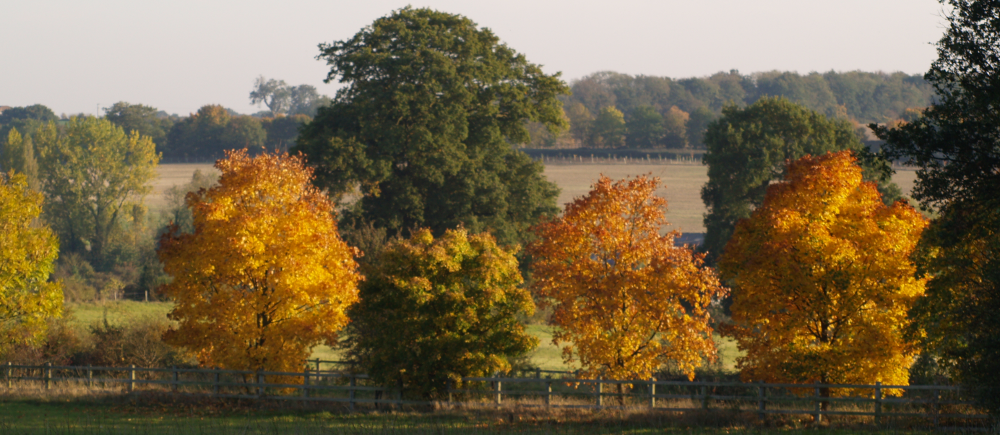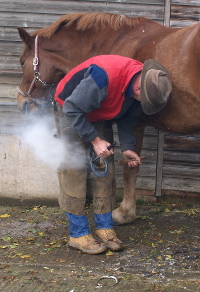
There are a number of other practices that we recommend which help to carry the beneficial effects of a regular Centering Prayer practice through into everyday life. These are Lectio Divina - the prayerful reading of scripture - the Welcome Practice, contemplative chanting and attentive work.
Lectio Divina
Throughout Christian history Lectio Divina - literally divine reading - has been the spiritual exercise of choice and it is strongly recommended as a vital support to a Centering Prayer practice. Although a distinct form of prayer it is deeply connected with Centering Prayer since the highest expression of both is the experience of "resting in God".
Lectio Divina ... is a dynamic process that moves you from an awkward acquaintanceship with God to ever deepening levels of friendship, commitment and experience ... and beyond experience. Thomas Keating
The practice entails a prayerful reading of sacred scripture but again it is a distinct process from Bible study. This is not reading a book for the purpose of extracting information; rather, we are listening with the ear of the heart to the word of God in this book, which we believe to be divinely inspired. It is not how much we read that matters but how much we hear and how much that hearing penetrates us at every level of our being.
The process moves through four "moments": first, read a short passage; one verse may be enough. What phrase, sentence or even single word stands out? Repeat the phrase, sentence or word, out loud if you are alone, to allow the sounds of the words to penetrate you and settle deeply into your heart. Second, reflect on the words and allow them to resound in your heart; be attentive to what speaks to you. Third, respond spontaneously as you continue to listen; a prayer of praise, thanksgiving or petition may arise. Offer that prayer and then return to repeating the sentence, phrase or word in you heart. Fourth, rest in God. Simply be with God's presence as you open yourself to a deeper hearing.
Lectio Divina can be done alone or in a group. In the latter case the moments are treated as steps and the group moves from one to another in the sequence described. If alone you can allow your mind to flow organically from one moment to another as the Spirit dictates.
An important aspect of Lectio Divina is its immediacy:
If today you are doing Lectio Divina, you are listening to what the spirit is saying to you today, not tomorrow or next week. It's a now conversation, an encounter with the presence of God, as you are capable of experiencing it at this point in your spiritual journey. Thomas Keating
The Welcome Practice
The 'Welcome Prayer Practice' is a means of focussing the benefits of Centering Prayer into those awkward moments in life when tensions and emotions are running high. It was formulated by Contemplative Outreach founder member Mary Mrozowski who, inspired by the seventeenth century French spiritual classic by Jean-Pierre de Caussade, Abandonment to Divine Providence, saw how the events of life can become a tool for actively undermining our knee-jerk emotional responses to particular situations. These emotional programs are addressed where they are stored - in the body.
The essence of the practice is that when we feel we are about to be overwhelmed by our reaction to an event or situation we sink into and focus on that feeling as we experience it physically; then we welcome that reaction (not the cause); we make the act of will to let go of our desire to change the situation using the "Welcome Prayer" which is set out fully in the downloadable leaflet. Over time we can learn to respond, rather than react, to events; the practice empowers us to take appropriate action as freely and as lovingly as possible in any situation that presents itself in our lives.
Contemplative Chant
"Whoever sings prays twice." So said Augustine of Hippo, drawing attention to the fact that singing a prayer involves your body as well as your mind and heart. Most likely he was referring to the practice of chanting the psalms which goes back to the earliest days of Christianity. It is possible to participate in this tradition simply by opening the Book of Psalms and giving voice to the words on the page. Even if you stay on a single note you will find the experience enlivening.
A unique contribution of the 20th century to the tradition has been the Taize chant. These chants set a simple phrase, scriptural or otherwise, which can be sung over and over again. In a group where the chant is sung in harmony this can be a very powerful experience.
Attentive Work
 If, like Lord Byron, you believe that, given all the responsiblilities you have and the chores you have to get through, the time available for useful creative work amounts to nothing more than "the summer of a dormouse", then we have some good news for you: this doesn't apply to the spiritual life. In fact it is in the arena of everyday drudgery that your spiritual life plays out. In your work, the daily commute, housework and your relationships is where you will meet God. This is the ancient monastic principle of ora et labora - prayer and work - and it helps to spread the benefits of your prayer practice if you include some physical work in your day, especially something rhythmic and repetitive. So when you find yourself washing dishes or chopping vegetables don't daydream the time away or lose yourself in an interior dialogue; be fully present to what you are actually doing. Focus on the point where the dishcloth touches the plate. This brings you powerfully into the present moment. That is the only place where your body can be; it is the 'place' where God is.
If, like Lord Byron, you believe that, given all the responsiblilities you have and the chores you have to get through, the time available for useful creative work amounts to nothing more than "the summer of a dormouse", then we have some good news for you: this doesn't apply to the spiritual life. In fact it is in the arena of everyday drudgery that your spiritual life plays out. In your work, the daily commute, housework and your relationships is where you will meet God. This is the ancient monastic principle of ora et labora - prayer and work - and it helps to spread the benefits of your prayer practice if you include some physical work in your day, especially something rhythmic and repetitive. So when you find yourself washing dishes or chopping vegetables don't daydream the time away or lose yourself in an interior dialogue; be fully present to what you are actually doing. Focus on the point where the dishcloth touches the plate. This brings you powerfully into the present moment. That is the only place where your body can be; it is the 'place' where God is.
